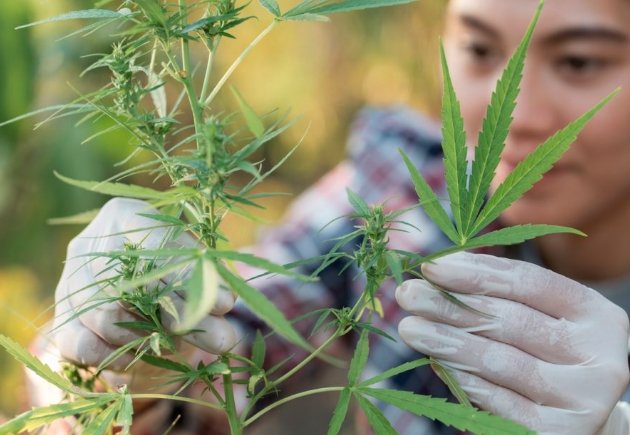An immigrant engineer has successfully overturned the denial of his H-1B visa, despite his employer being linked to the cannabis industry, a field still classified as illegal under federal law.
Case Background
Ameya Vinayak Pethe, a software engineer employed by Treez Inc., a company providing software services to the cannabis industry, was initially denied an H-1B visa by U.S. Citizenship and Immigration Services (USCIS). USCIS claimed that Pethe’s employer was involved in “illegal activities” because Treez’s business served the cannabis sector, which, at the federal level, remains illegal despite its legalization in various states.
However, the company and Pethe contested the decision, arguing that the Immigration and Nationality Act does not mandate USCIS to assess the legality of the employer’s business activities when evaluating visa eligibility. They filed a lawsuit in the Northern District of California, asserting that the visa denial was arbitrary and capricious.

Court’s Ruling
In a victory for Pethe, Chief District Court Judge Richard Seeborg ruled that the denial of the H-1B visa was improper. The judge stated that USCIS failed to provide clear evidence connecting Treez’s activities with violations of immigration law. The ruling emphasized that there was no direct link between Pethe’s job role and any illegal activities, and that the denial did not properly justify why the employer’s legal status in the cannabis sector should disqualify the visa application.
Significance of the Decision
This legal victory holds significant implications for future H-1B visa applicants working in industries with controversial or legally ambiguous sectors like cannabis. While cannabis is still federally prohibited in the U.S., the ruling underscores the complexity of immigration law as it intersects with rapidly evolving industries. It sets a precedent for how cases involving industries like cannabis should be handled by USCIS when assessing eligibility for employment-based visas.
The Bigger Picture
This case highlights the broader tension between federal and state laws regarding cannabis, especially as more states move toward legalization. As the industry grows, the legal framework surrounding it remains in flux, raising questions about the eligibility of workers employed in such fields for immigration benefits like the H-1B visa.
Pethe’s victory, while a significant win for him and Treez, may serve as a touchpoint for further challenges and legal interpretations in the years to come as the cannabis industry continues to expand



